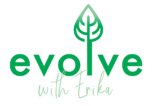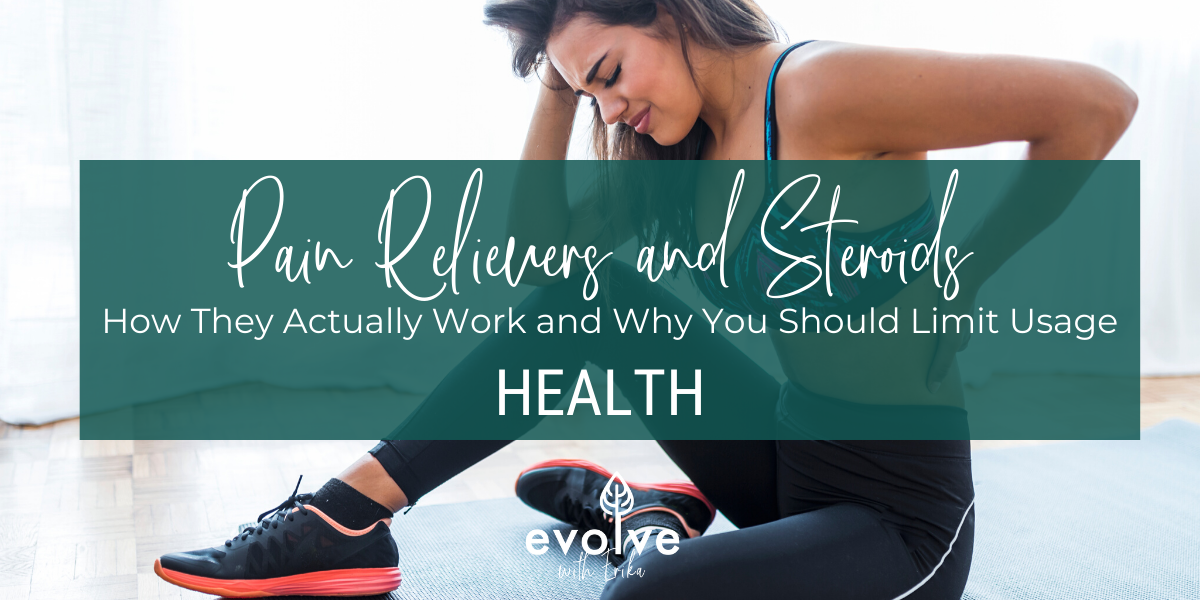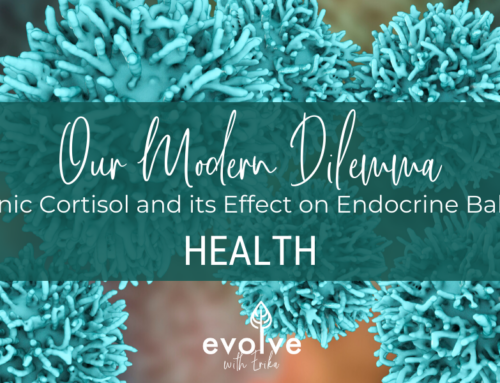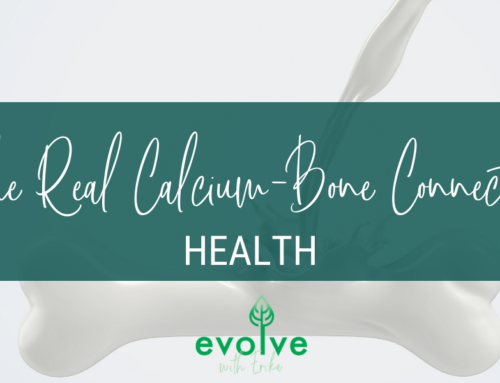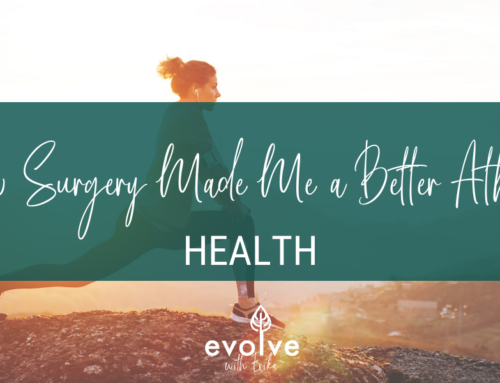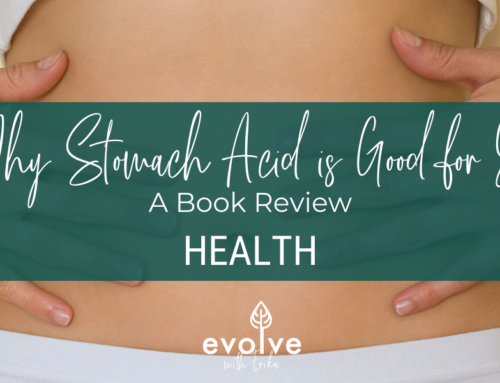Pain-relieving medications are thought to be a godsend: easy to use, effective, with minimal (if any) reported side effects. These reasons alone are evidence enough for the average person to use aspirin, non-steroidal anti-inflammatory drugs (NSAIDs), or steroids without a second thought. However, you are reading this, so I imagine you’ve experienced that “second thought” at lease once. Before popping a pill at the next sign of discomfort, you may want to stop an consider how these drugs act to relieve symptoms. The short-answer is obvious: anti-inflammatory drugs reduce or block inflammation. This seems harmless on the surface, but a quick dig into the biochemistry creates cause for concern.
To better understand the dilemma, let’s get more familiar with prostaglandins, the hormone-like substance that is directly affected by consumption of anti-inflammatories. Prostaglandins exist in nearly every organ, tissue, and cell in our body: the abundance is necessary because they provide a variety of function to our physiology:
- Fine-tuning for homeostasis in the body
- Regulation of cell’s communication system (opening/closing channels)
- Increasing blood flow to kidneys/activation of blood platelets
- protect lining in stomach and intestines
- Dilating bronchial tubes
- Controlling inflammatory function
(Nutritional Therapy Association)
Three varieties of prostaglandins (PG1, PG2, PG3) are conjugated from essential fatty acids and are responsible for different aspects of the inflammatory process. PG1 & PG3 control anti-inflammation while PG2 controls pro-inflammatory response.
Wait a minute… isn’t inflammation bad? Not necessarily! Inflammation is a natural immune response and is generated by our body in order to heal and repair.
As mentioned above, prostaglandins are formed from essential fatty acids that we consume through proper diet. Without adequate consumption or balance of all essential fatty acids (saturated fats, Omega3, Omega6) our prostaglandin formation is compromised. Even worse: trans fats, alcohol, NSAIDs/aspirin/steroids act as inhibitors of prostaglandin formation. Without adequate prostaglandins, your body’s natural inflammatory AND anti-inflammatory functions can be severely compromised, if not halt all together.
Non-sciencey summary: Prostaglandins are in every tissue and organ of our body. In order to reduce inflammation, pain-relievers act to reduce/block the production of prostaglandins. Doing this can have a severe affect on your body’s natural processes and integrity of linings in your stomach and intestines.
So, do we avoid anti-inflammatory drugs at all cost and suffer through pain as it arises? Of course not- let’s not be unreasonable. The key here is creating balance. Eliminating trans fats (prostaglandin inhibitor) while maintaining a consistent diet with variety of essential fatty acids (saturated, Omega3, Omega6) is an excellent place to start! Support your body’s natural abilities to heal and repair by focusing on an anti-inflammatory lifestyle (reducing processed foods, sugar) or sprinkling in natural supplements like curcumin & bromelain as needed. The healthier your natural inflammatory system, the less you’ll need drugs to substitute and interfere with what your body is capable of doing on its own!
